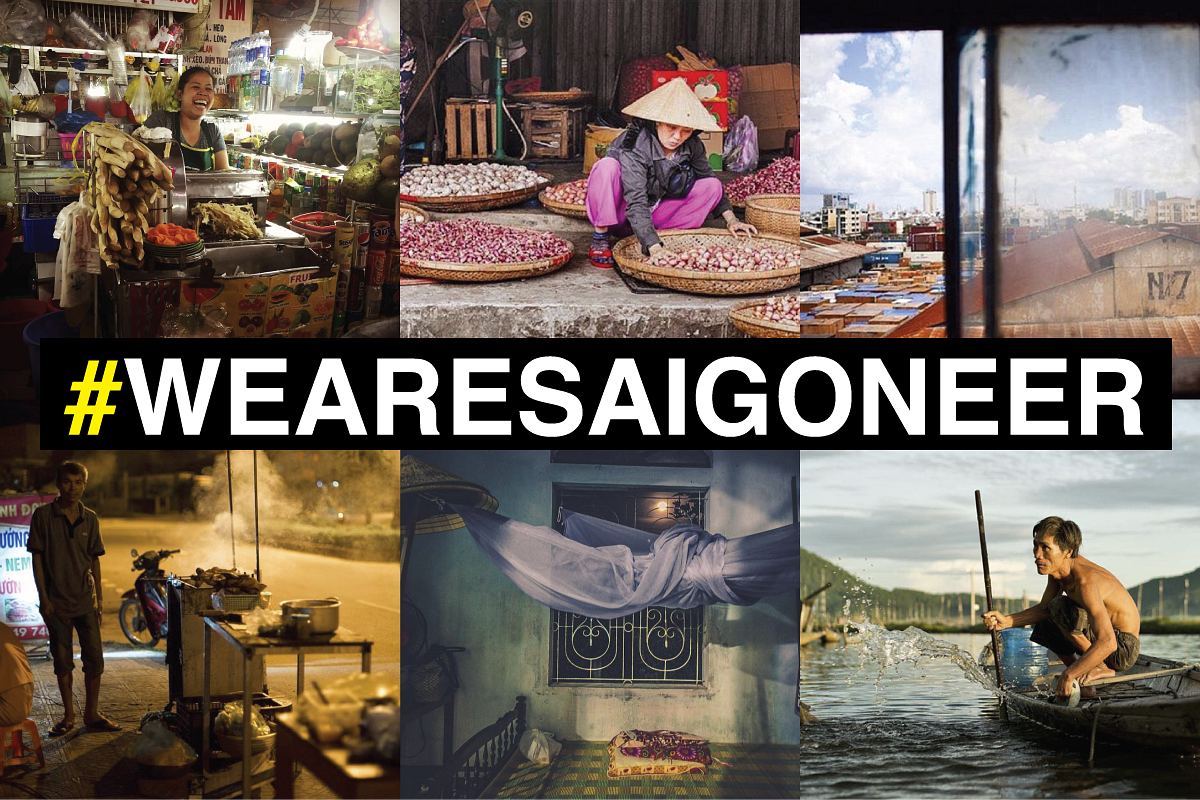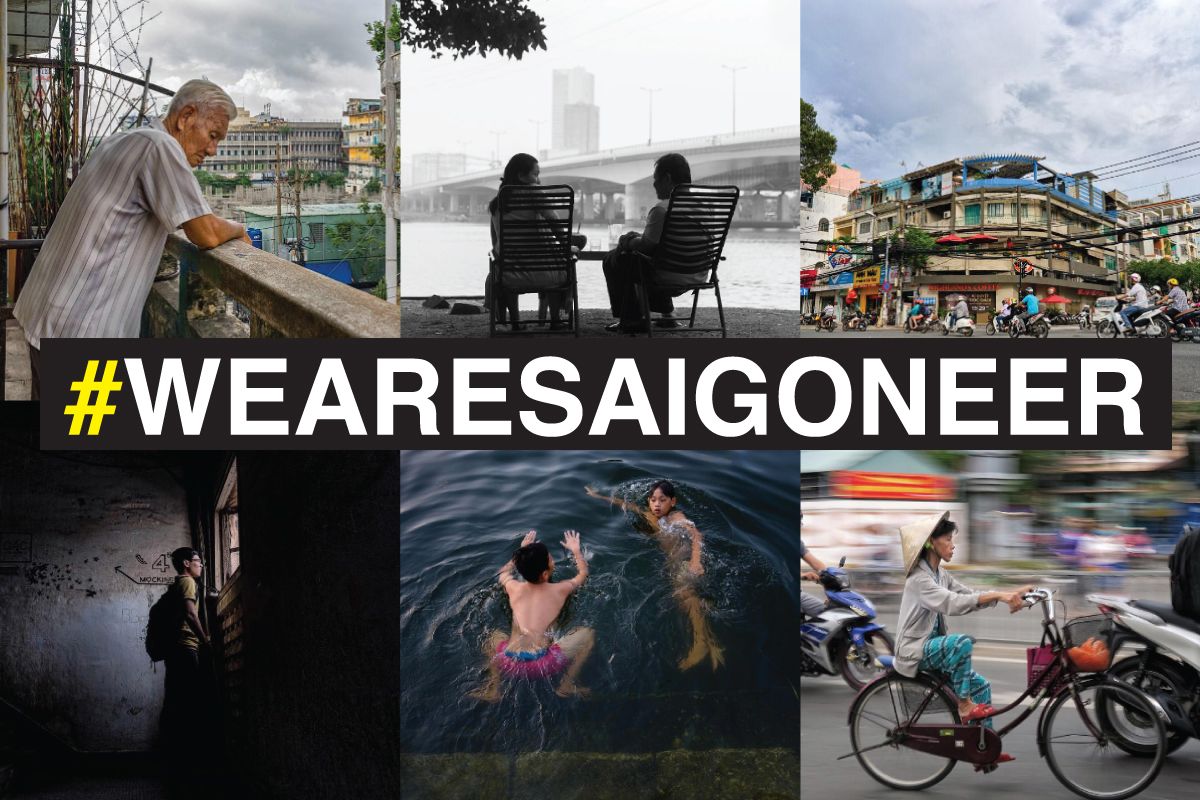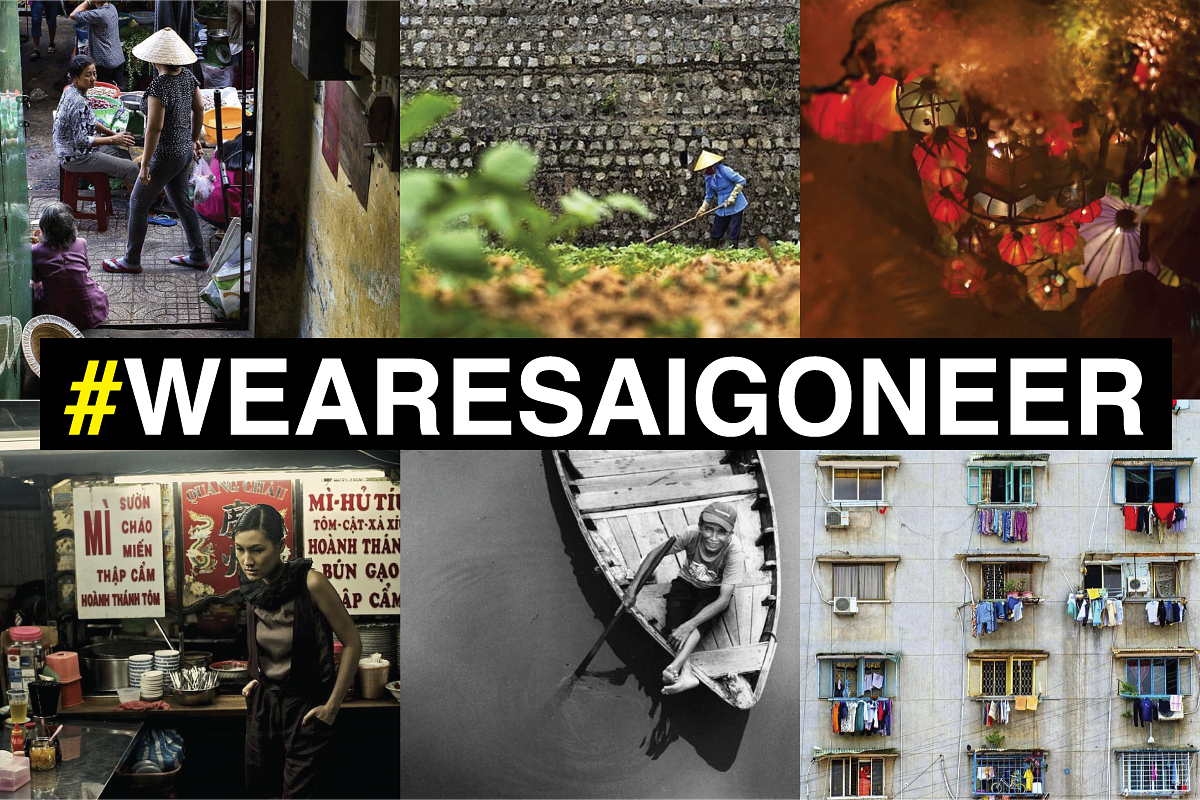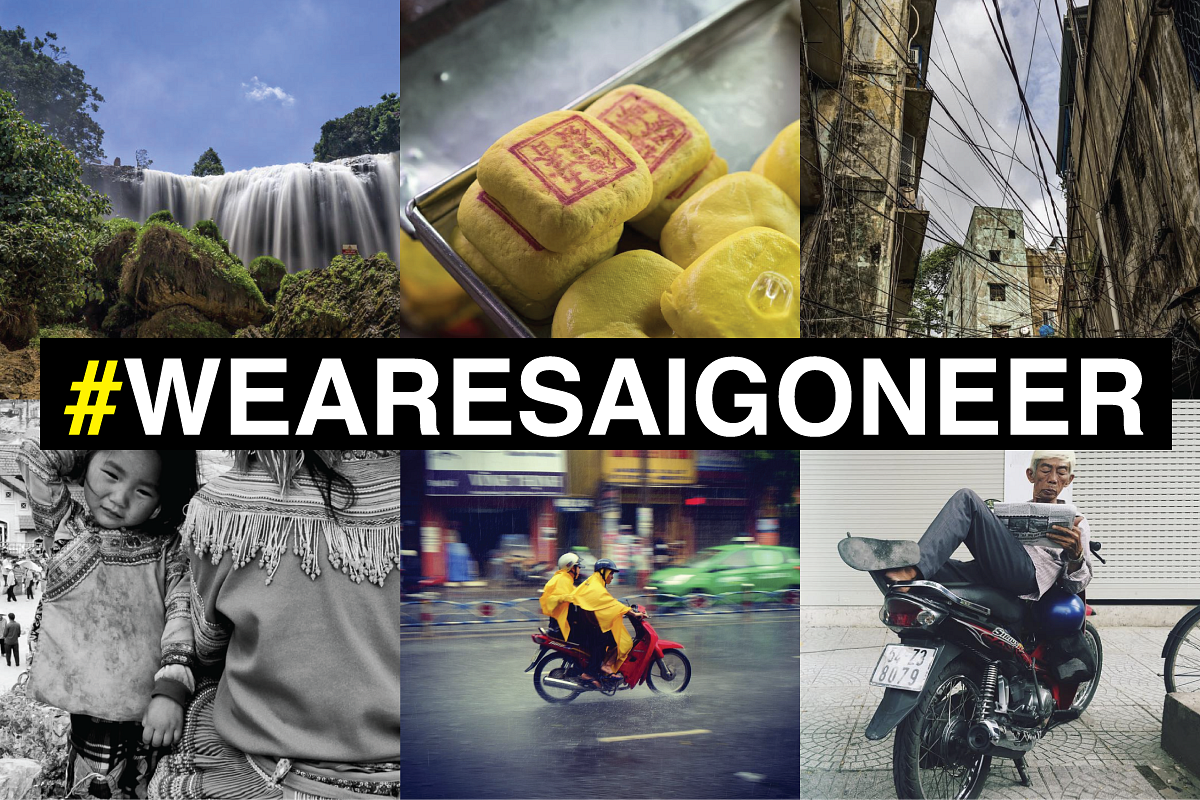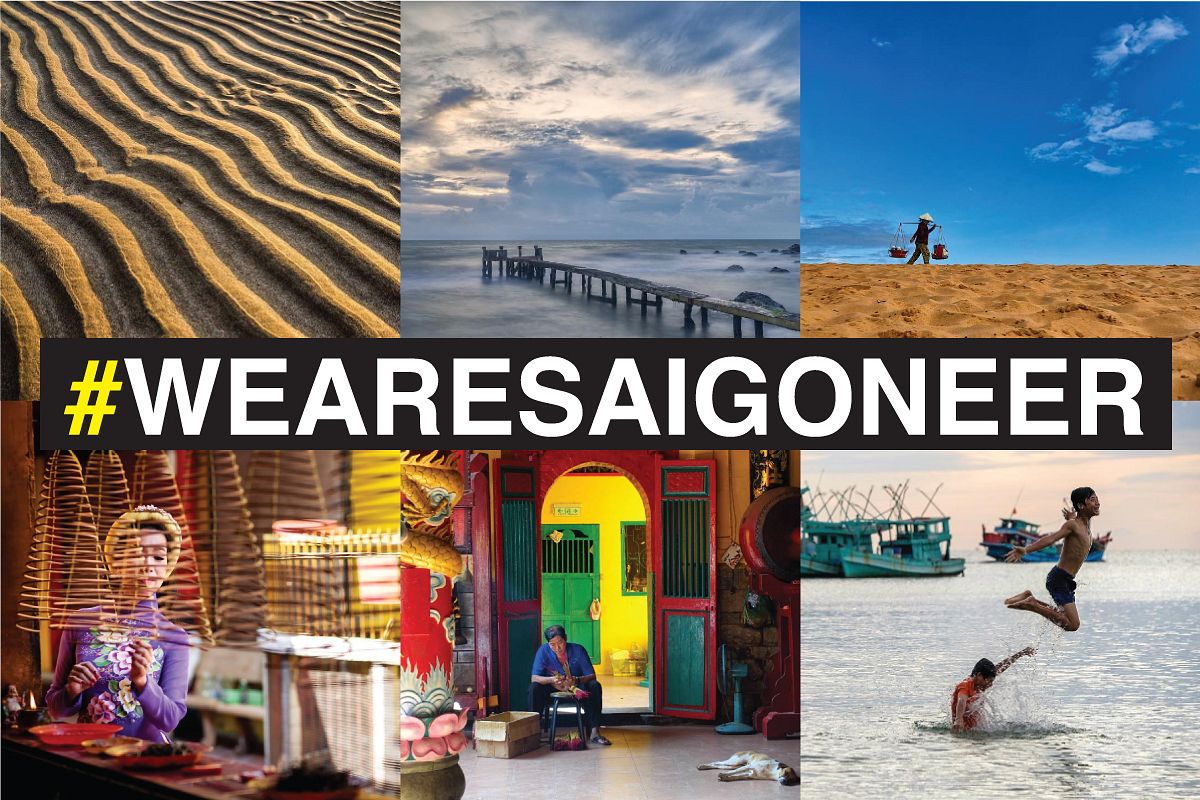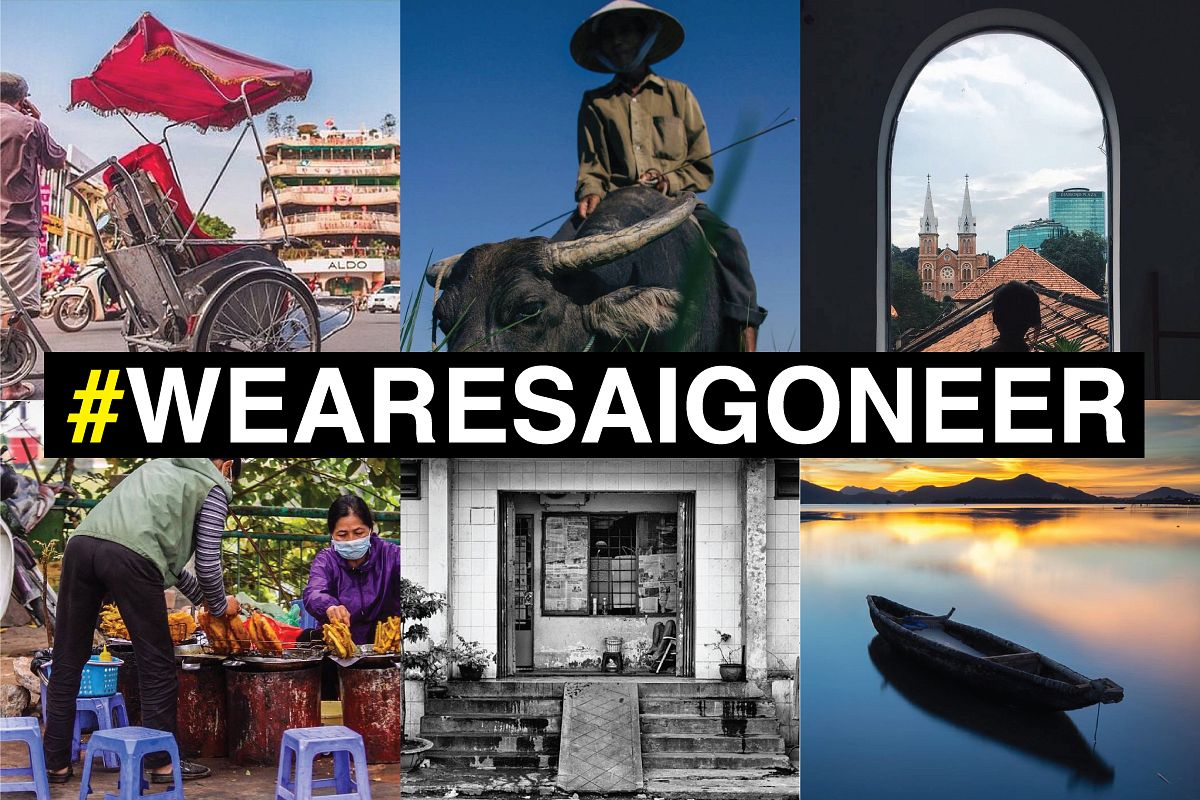The Youth Culture Library sets out to become an outlet of self-expression for young people and non-commercial artists through the ultimate form of alternative culture: zines.
Fancy an afternoon browsing underground publications or kicking back in a punk-style cafe with local creatives? Both of these are a difficult find for travelers, newcomers or, indeed, anyone not constantly and actively involved in the local cultural scene. Although still in its infancy, the Youth Culture Library (YCL) is the first venue of what will ideally become a project with multiple spaces. Its aim is to create a cultural environment that will provide resources and deepen the understanding of certain topics among the local community, bringing together like-minded people and offering a window into Saigon’s less visible contemporary cultural trends.
Many cities around the world have carved out distinctive public venues for their denizens that, in return, attract people outside of their own “circles”. When in Sydney, Glebe is the place to go to for second-hand books, tarot readings and university lifestyle; in London, a visit to Camden Town guarantees you’ll catch some of the city’s underground bands as well as its punk community. The reality in Saigon, for better or worse, is quite different: things are more scattered in the southern hub and artistic movements are hidden.
In a city where artists often gather at their homes or studios and cultural events are dictated by social media invitations, Saigon's venues and even its neighborhoods have struggled to establish distinctive cultural centers that attract people with their unique atmosphere, local residents and personalities. Think of Saigon as a city dotted with tiny artistic hotbeds whose internal traffic is hard to trace and whose development is not included in the sanctioned image of the southern city. The founders of YCL wish to remedy this shortcoming.

The brainchild of Ed Weinberg and run in collaboration with Tom Sanders, Xuan Ha and Vanguard’s cofounder Thanh (Nu) Mai, YCL has recently relocated to the ground floor of ChaosDowntown Cháo, an artsy hostel hidden away in a tiny alley off District 1’s Le Thi Rieng.
With collections from the feminist punk movement Riot grrrl, back issues of conceptual art magazines, funk and hip-hop comics made from recycled paper and a large set of local fanzines, it would be easy to label YCL as an alternative space specializing in underground magazines. The founders, however, are quick to point out that this is not the main purpose of their endeavor.
“We want to create quiet and different cultural places, to make it very niche and not just another generic place that contains a bunch of art books and serves coffee,” Weinberg tells Saigoneer.
For a long time, Weinberg has sought to develop a series of self-sustainable exchange spaces revolving around specific cultural forms. Designed as an open-source project that welcomes input from its collaborators as well as individual members of the community, YCL encompasses zines, art shows, talks, workshops and art-related publications.
“It comes from an idea I had back in the US, where we have a lot of books stuck on bookshelves, and they are part of your knowledge and they have meant something to you at one time, but then they become just memories,” explains Weinberg. “I asked myself: ‘Who am I saving these for?’ I met a lot of people in Vietnam that have never come across these books, and I thought it would be really nice to transfer them from the US, where there is an idealization on things and objects, to Vietnam, where there isn’t.”
After a visit home, Weinberg brought to Vietnam approximately 100 of his own books, and during his last visit in the US, he reached out to libraries and publishers who then donated books for the zine collection.
Despite being an avid reader with a keen interest in underground graphic novels and comic books, Weinberg explains that the decision to focus on zines and comics for their first library is more related to tackling a gap in Saigon: “I often think that art organizations are missing the kids and the teenagers. Even when you have a live graffiti event, there is a wall between the artist and the viewer. Youngsters are not invited to take part in the process; they passively consume it. I’m more interested in attracting these groups of people and [encouraging] youngsters to do this [make zines] if they want to.”
There is a tendency in Saigon to present art and culture-related initiatives through parties. This is partly due to the need of independent venues to make money, since most art-related events are free. The idea of creating a more sociable, fun environment to attract a wider audience is also a factor. However, some have already questioned the negative effects this could have in the long run, for such art events mainly attract partygoers, leaving out people who do not necessary enjoy strobe lights or dubstep music with their exhibition. Furthermore, these events are not teenager-friendly, and probably worst of all, they instill the notion that a book launch or a live graffiti show is not interesting enough on its own.

When Weinberg started to discuss his ideas with Sanders, Mai and Xuan Ha, art director of ChaosDowntown Cháo, it was a match made in heaven. All were looking to establish non-mainstream environments that would sustain themselves away from the city’s usual party-heavy art events. Giving a glimpse into the hidden cultural dynamics of Saigon to visitors and tourists was an added bonus. With this in mind, ChaosDowntown Cháo serves as an ideal place.
“It is a hostel, cafe and art space where travelers can come and experience the art and culture of Saigon,” says Mai. “Initially, I wanted to create a zine festival, but it is impossible to do that here [in Saigon]. The main point is to reach out to non-commercial audiences if we offer it in the right way. Surprisingly, a lot of people that come here are young Vietnamese.”
With Sanders, Mai is currently working on establishing a zine shop and club where people can come together and talk about different fanzines.
“Ed and I have talked about how we want to display the zines, comics and art books, and how we want to build our stock,” she explains. “But we have learned to take it easy because the all-zine culture…the culture that we have here, it is very different from the one in places like New York.”
All around the world, zines are playing an anachronistic role: in the age of the internet and a host of graphic design books, these hand-made, stapled products have flourished and survived as the preferred medium to give voice to outsiders. The same can be said in Vietnam, where groups have been creating zines to talk about non-mainstream topics, such as LGBT issues.
Working closely with Zero Station’s art project In/Visible and with financial support from the Japanese Foundation, ChaosDowntown Cháo and YCL serve as an avenue to give artists freedom of expression. It will incorporate a 10-day artist resident program featuring creatives from different Asian countries as well as art shows.
“We are going to have one art-related show per month,” says Mai. “The direction is to build multi-installations with groups of artists. A lot of times, curators decide where and how pieces are displayed but we found that artists have a say in this, and we want them to tell us how they would like the viewers to see and experience their installations.”
As Weinberg points out, four years ago Saigon did not have as many art events as today, but the situation might be become stagnant if residents passively consume what the city has to offer without having an outlet for their opinions and cultural commentaries to be heard.


